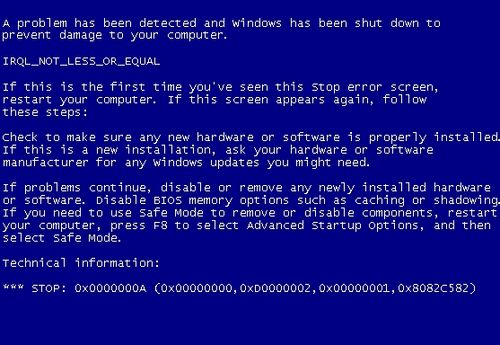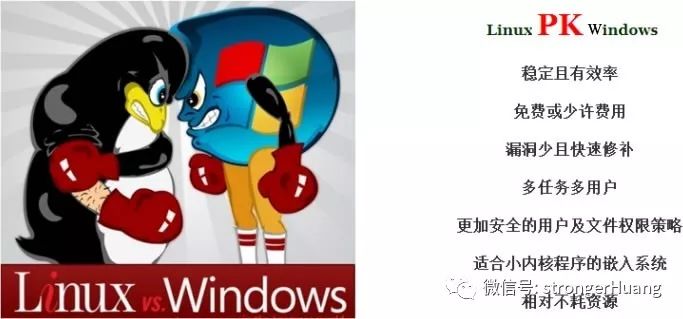Follow+Star Public Account Number, don’t miss out on wonderful content

Compilation | strongerHuang
WeChat Public Account | Embedded Column
Why is Linux dominating the embedded field now, rather than Windows? This has a lot to do with their development.
Richard Stallman, the leader of the Free Software Movement and the founder of the GNU Project.

In 1987, the GNU project made a significant breakthrough by releasing the gcc compiler, allowing programmers to write their own open-source software based on this compiler. Subsequently, in October 1991, Linus Torvalds, a student at the University of Helsinki in Finland, wrote an operating system called Linux, which quickly gained support from the GNU project and many hacker programmers due to its high code quality and open-source nature based on the GNU GPL license, and thus the Linux system entered a vigorous development stage.

In January 1994, Bob Young (founder of Red Hat) integrated numerous source codes and programs based on the Linux kernel, released the Red Hat system, and began selling technical services, further promoting the popularity of the Linux system.

After 1998, with the continued popularity of the GNU source code open plan and the Linux system, several IT giants, led by IBM and Intel, began to vigorously promote the development of open-source software.
By the end of 2017, the Linux kernel had developed to version 4.13, and there were hundreds of versions of the Linux system, but they all still used the Linux kernel developed and maintained by Linus Torvalds. Red Hat also became the leading company in the open-source industry and Linux system.
Readers who are new to Linux may have a question: Windows is also very user-friendly and can meet daily work needs. Why should we learn the Linux system?

Some beginners might say that “Linux is open-source” as the answer to this question, but that is not the case. There are at least 100 open-source operating systems, and at least 100,000 open-source software applications. Why not study each one? The open-source nature of Linux is just one of its advantages and not the main reason for learning Linux.
For users, the open-source spirit only adds to the benefits; the real reason is that the Linux system is an excellent software product, with a UNIX-like program interface, and inherits the stability of UNIX, which can better meet work requirements.
Most readers probably started learning about computers and networks from Microsoft’s Windows system. Objectively speaking, Windows is indeed excellent, but it is difficult to be satisfied in terms of security, high availability, and high performance. For example, if you often use Windows, you should have seen the interface shown in the following image:


References: http://c.biancheng.net/view/5837.html
Disclaimer: Some materials in this article are sourced from the internet, and the copyright belongs to the original author. If there are copyright issues, please contact me to delete.
Reply in the background with『Linux』 to read more related articles.

Click “Read the Original” to see more shares, welcome to share, collect, like, and view.